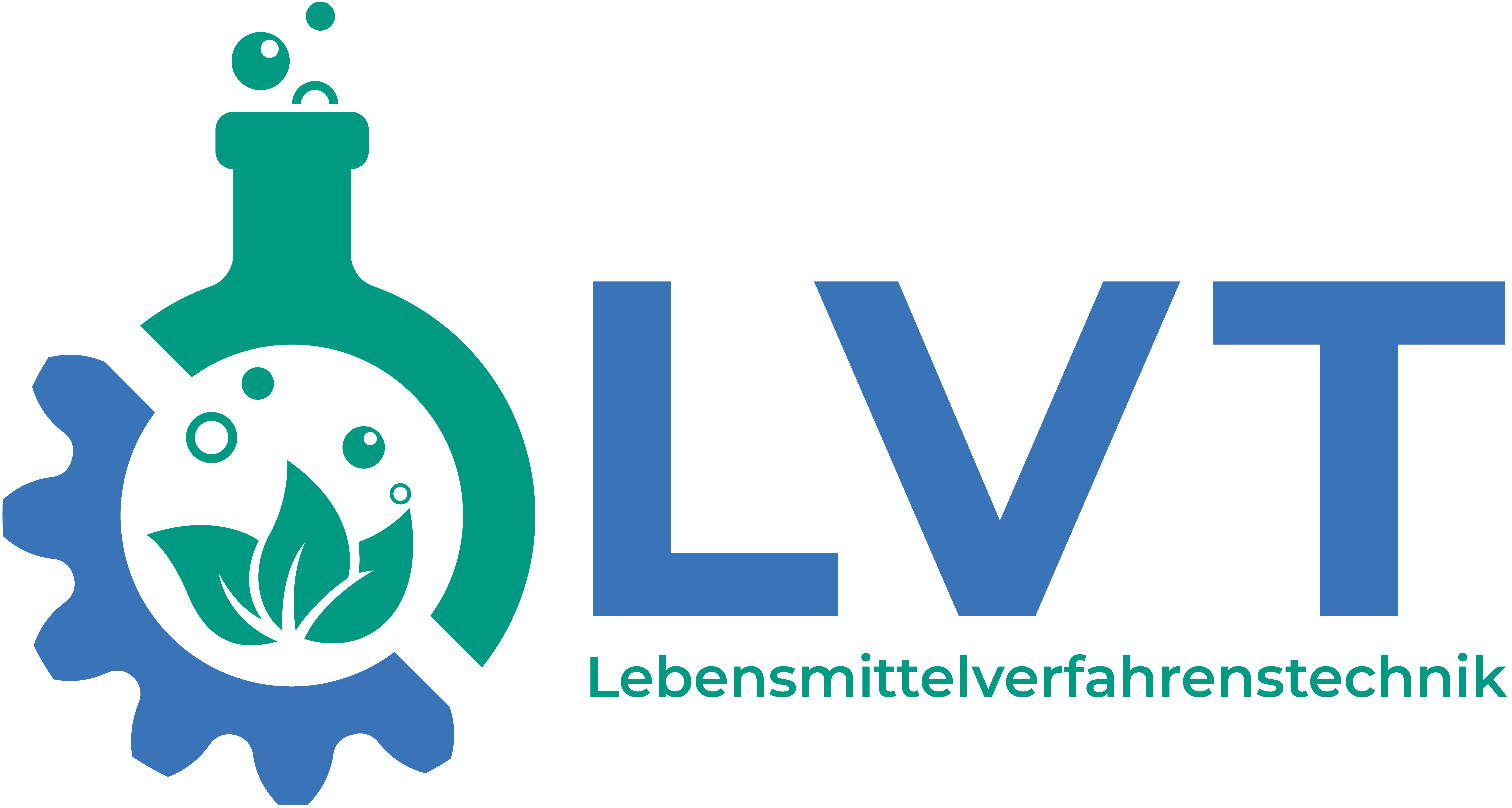AiF 20518 N:Modification of molecular structure and functional properties of dietary fibers from fruit and vegetable by-products by using extrusion processing
- Ansprechperson:
- Starttermin:
2019
- Endtermin:
2021
Dietary fiber has been widely accepted as an important nutrient in the human diet. In-creased consumer awareness and demand has driven the development of fiber rich food products. In addition to its nutritional value, dietary fiber polymers have a range of technological attributes such as water binding, gelling and thickening. In addition, they modify textural properties, reduce syneresis, stabilize high fat food products and emul-sions, thus improving shelf-life. These favorable properties are utilized in many fields such as bakery products, meat products, snacks and diabetic beverages.
Recently, by-products from fruit and vegetable processing have gained attention as nov-el and economic sources of dietary fiber. By-products of fruit and vegetable processing have become a very attractive source of dietary fiber for the food industry due to increas-ing consumer demand for natural and health-promoting food products. In Germany, by-products from regional fruits and vegetables (e.g. apple pomace, carrot pomace and po-tato pulp) are of special interest.
However, many fibers can only be added to food systems in limited concentrations, as they can cause undesirable changes to the color and texture of foods. In order to im-prove the functionality and utilize the full potential of fibers, there is significant research effort to modify dietary fiber structures by various methods such as chemical, enzymatic, thermal, and thermomechanical treatment. Among others, extrusion processing has sev-eral advantages, as it is a continuous process, in which the thermal and mechanical stresses can be varied extensively according to the needs of various raw materials used. The process can also be easily scaled up. It is an efficient process, and it can be applied to whole raw material with little amount of water and without any chemicals. The feasibil-ity of this process has been demonstrated by several studies, but the relation between the processing conditions, fiber structure, and functional properties still remains un-known.
This project focuses on analyzing the mechanistic relation between the thermomechani-cal treatment during extrusion processing and changes in the structural and functional properties of dietary fiber-rich fruit and vegetable by-products. The gained information can then be used to achieve specific functions in food systems by incorporating extrud-ed fiber-rich by-products.
Projekt des Monats 02/20: https://www.fei-bonn.de/gefoerderte-projekte/projekte-des-monats/pdm-2020-02

